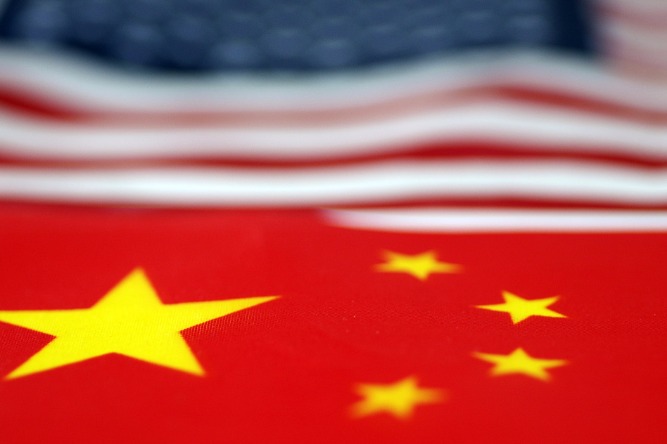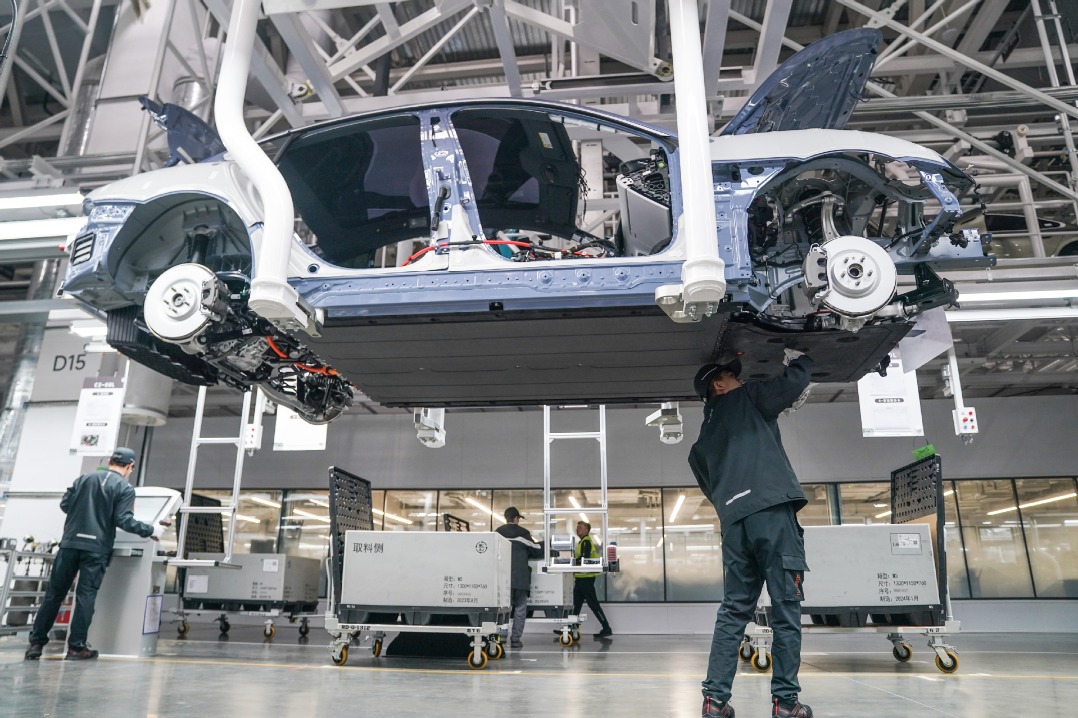China wrong target of tech competition, US experts warn
By LIA ZHU in San Francisco | China Daily Global | Updated: 2021-03-17 10:05

The US government's overreaction to the "competitive challenges" China presents may cause "unintended consequences" for the domestic tech industry, experts warned.
There are two approaches to the tech competition with China - how to better position the US and how to diminish China's competitive edge, said Anna Ashton, senior director of government affairs at the US-China Business Council.
"There were an awful lot of actions taken by the Trump administration that were more in the latter camp - they were more about how to confine or slow down China's competitiveness," said Ashton. "We weren't yet at the stage of focusing on how to bolster US competitiveness domestically."
The actions of the Trump administration include imposing export controls on suppliers to Chinese tech companies over "national security" concerns. Dozens of China's major tech companies, including top chipmaker SMIC, have been put on the "entity list".
Aiming to bring chip production back to the US, the Congress in December passed "the CHIPS for America Act", which would lead to billions of dollars of financial incentives for domestic semiconductor manufacturing, as well as funding for research and development.
"We have all of these measures in place that are meant to stop them (China) from purchasing and acquiring all kinds of technologies," said Ashton. "One of the things we have to worry about is the unintended consequences of extensive government support for any industry, especially in the tech space."
In the semiconductor sector, which Ashton called the "tip of the spear" in US-China tech competition, China is not "a key producer" but "a key consumer", she noted.
She also pointed out the potential "ominous spillover effects" for other US industries that need to stay in the China market in order to remain globally competitive.
"There's kind of this 'Catch-22' situation when it comes to US competition and cooperation with China," said Ashton.
In the US, about 70 percent of funding for research and development comes from the private sector, and "this same private sector is doing business with China, and China is one of their top five markets for global growth and a critical market for ensuring that they're able to compete with their counterparts from other countries now and in the future", she explained.
So even if the policies to bolster the semiconductor industry are domestically focused, they could result in "more intense zero-sum competition", she warned.
"It is really critical that policy be shaped by the information that industry can provide because the last thing we want is the supply chain legislation that has all sorts of good intentions but actually is solving problems that don't exist and creating problems that we didn't have before," said Ashton.
Naomi Wilson, vice-president of policy for Asia at the Information Technology Industry Council, agreed: "Unless the industry and government listen to each other, we don't get the full picture."
"There's a danger in overthinking and trying to control all aspects of the supply chain from a government perspective," she said. "We need to give ourselves a little bit of credit."
Many people on Capitol Hill talk about how China is going to beat the US in the tech competition, but it is "too linear of a narrative" and "foundationally not true", said Wilson.
"US companies are very competitive and the US model of allowing the market forces to work has worked for US companies," she said. "A lot of the IP and the intellectual know-how behind semiconductor production comes from US companies, and the profits coming back to the US companies are then funneled into research and development, which ultimately benefits US innovative capability and competitiveness."
On the other hand, the approach of trying to hold back China is likely to "fuel their sense of insecurity" and result in "more intense competition" between the US and China in the tech space, and it might speed decoupling, warned Ashton.
"From now through the end of the century, in order to compete effectively, we have to be able to participate in the world's largest market, and to be able to generate the revenue that can be pushed back into the R&D that we're talking about doing here at home," she said.























